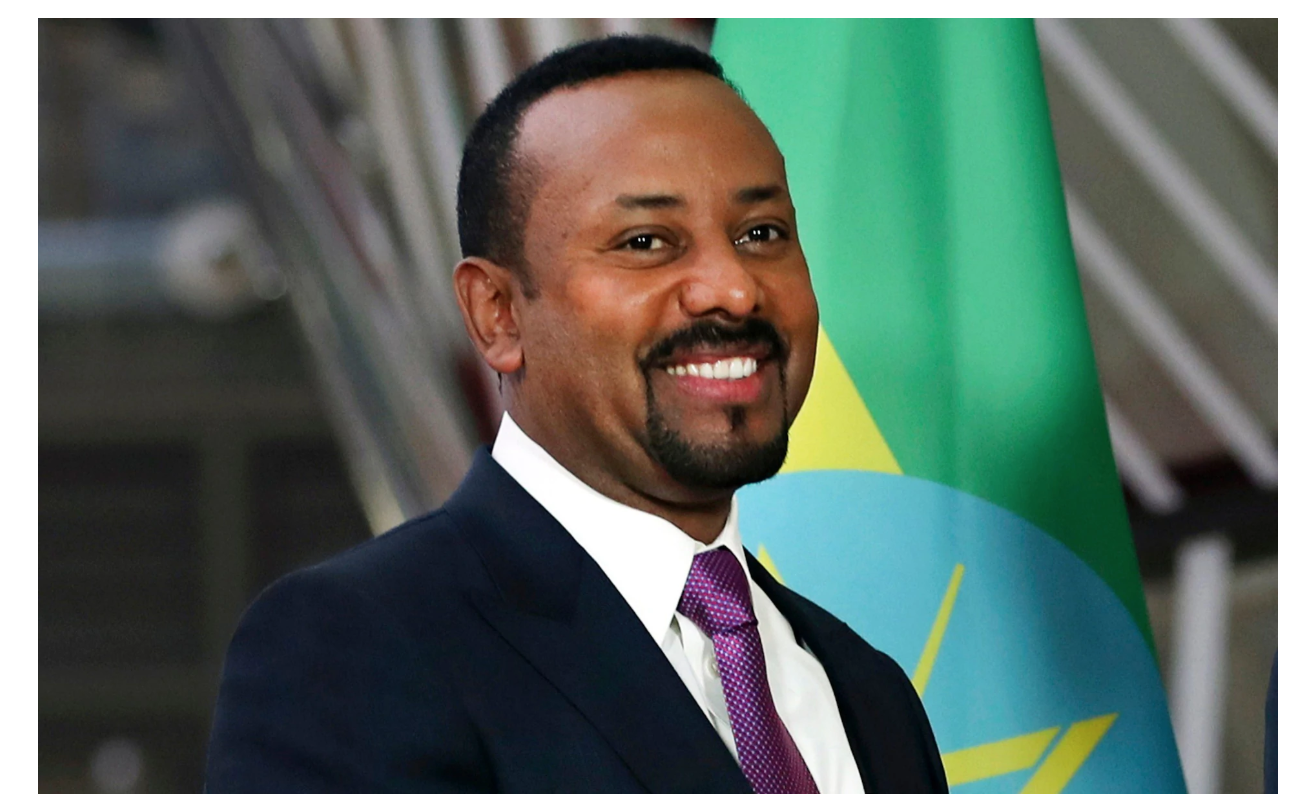Political Storm Over Nuclear Deal
By Nilofar Suhrawardy, Muslim Media News Service (MMNS)
NEW DELHI- The amazing way in which India’s political democracy is being put to test over the much-publicized India-United States civilian nuclear deal has its own significance. Just when it seemed that its main promoters, including Prime Minister Manmohan Singh and President George W. Bush had the going in their favor, the process had to be given a pause. The nuclear rift between the Congress and their allies, the left bloc together with questions being raised by opposition parties, including the Bharatiya Janata Party (BJP) happens to be just one side of this political democracy. The initially enthusiastic Prime Minister had to change his own stand on the deal, saying that though he would be disappointed, but its failure to go through would not be the end of life. This opinion expressed a month ago signaled that the Congress had finally accepted the reservations exercised by the left parties against the nuclear deal. Ignoring them implied losing their support in the Parliament and calling for mid-term polls. Faced with this dilemma, the Congress opted for putting the deal on hold to be able to complete its term in power without losing the support of its allies.
With the Parliament’s winter session, beginning from November 15, expected to take up discussion on the deal, legislators are likely to be fairly vociferous in having their say. While the left and the BJP seem equally keen on taking up the issue in the Parliament, the former is against a voting-resolution, while the latter favors it. On this, Communist Party of India-Marxist (CPI-M) general secretary, Prakash Karat said: “We will like a discussion Parliament. Since the winter session is going to be held this month, we are not insisting on a discussion under a resolution that entails voting. Views of Parliament must be elicited†(November 2).
“The BJP wants a detailed discussion on the nuclear deal during the session so that people could know how such an important international was being executed and on what conditions,†BJP leader L.K. Advani said (October 31).
Asserting that BJP was against the deal in its form and would vote against it, former foreign minister and BJP vice-president Yashwant Sinha told a news channel: “Why should we shirk our responsibility to oppose the deal in its present form? It is our duty to oppose the deal… It is not the responsibility of the main opposition party to save the government†(November 4). His party would not press for a parliamentary discussion that did not entail voting, Sinha said.
Interestingly, with each passing day, as prospects of Congress gaining parliamentary support in favor of the deal are becoming dimmer, it is becoming clearer that all the party members have not favored the deal from the beginning. According to K. Natwar Singh, who resigned as foreign minister in December 2005 and was suspended from the Congress in the wake of Volcker (oil-for-food) scandal, earlier Congress chief Sonia Gandhi was also reluctant about the deal. “Initially, even Sonia Gandhi showed a reluctance to the nuclear deal. There were several members of the Congress Working Committee who were not happy with it, let alone the UPA (United Progressive Alliance) allies. It was only gradually that the mood in the Congress changed,†Singh said (November 3).
Whatsoever may be opinion of supporters of the nuclear deal, there is little doubt, it is going to remain on hold, till the Indian parliamentarians and the people here entertain reservations about it. While this aspect of political democracy has been fairly manifest in the recent days and can be expected to dominate the forthcoming parliamentary session, there is yet another side which has surfaced and cannot be sidelined. This refers to Indian envoy Ronen Sen offering unconditional apology to the Rajya Sabha Privileges Committee (November 2) and to the Lok Sabha Privileges Committee (October 29). Sen, India’s ambassador to United States, is probably the first diplomat to be summoned before the two committees. Sen’s mistake was to have allegedly used the words, “headless chickens,†when the Indo-US nuclear deal was being debated on in the monsoon session of the Parliament. Sen had then allegedly said: “Why do you have all this running around like headless chicken, looking for a comment here or comment there, and these little storms in a tea cup?†Legislators, cutting across party lines, felt outraged at this, with some even issuing privilege notices against him. Expressing unqualified apology for his remarks, Sen told the Rajya Sabha committee that he had used the words “headless chickens†in a “disturbed frame of mind.†Sen also accepted that his remarks on several individuals, including the former foreign minister Yashwant Sinha, were not fair. Sen offered similar “unqualified apology†before the Lok Sabha panel too, saying that his words were not directed at legislators.
Without taking the issue further, the two committees during their separate meetings later this month are likely to let off Sen, saying that they are satisfied with his apology.
The storm raised by legislators over the nuclear deal and Sen’s comments cannot be dismissed into irrelevance. It only strongly signals, that hype and drama propagated about the nuclear deal has little significance, till Indian Parliament supports the same. This is the command of political democracy at work in India!
9-46












2007
1,146 views
views
0
comments